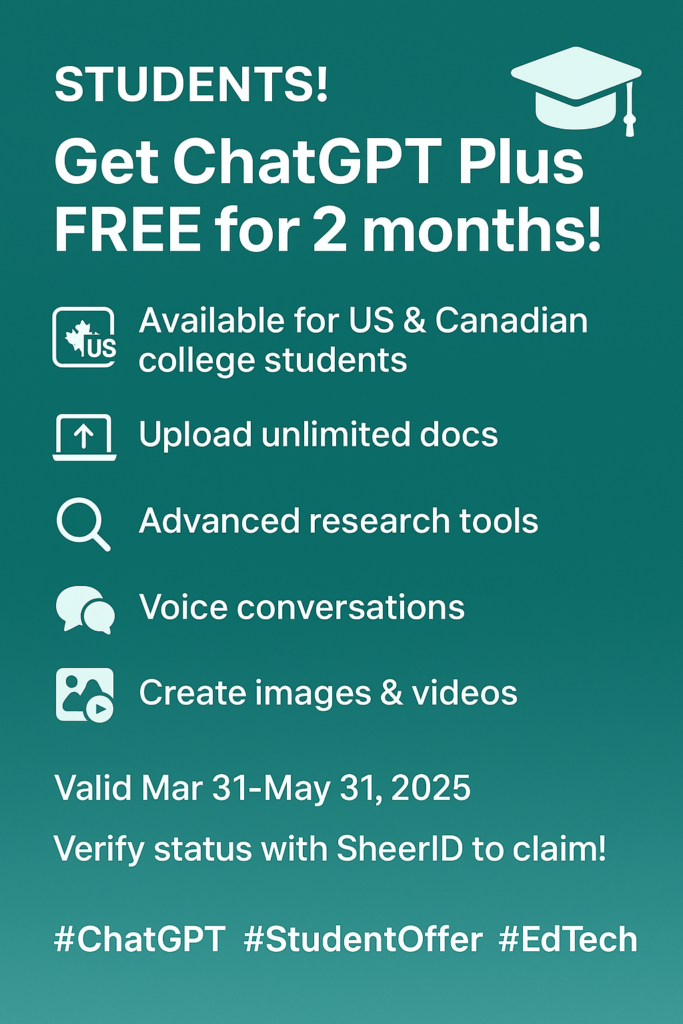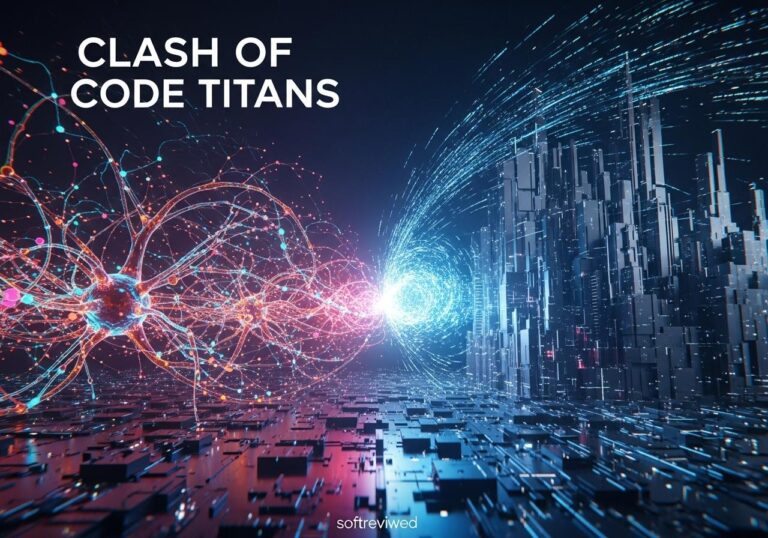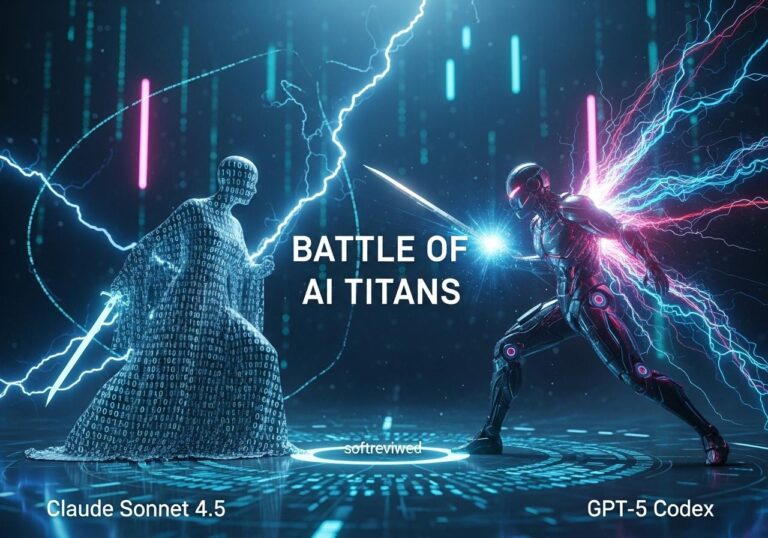AI-Powered Education Assistant
Transforming learning experiences with personalized support and advanced tools available at your fingertips.
24/7 Virtual Tutor
Access instant help for homework, coding challenges, and exam preparation anytime, day or night. Never feel stuck without support, as your AI assistant is always ready to explain concepts, solve problems, and guide your learning journey.
Personalized Learning
Experience education tailored specifically to your learning style, pace, and preferences. The AI adapts content presentation, difficulty levels, and teaching methods based on your progress and feedback, creating a truly customized educational experience.
Language Skill Development
Enhance language proficiency with real-time grammar corrections, contextual translations, and pronunciation practice. Perfect for both native language refinement and foreign language acquisition, with personalized feedback on writing and speaking skills.
Exam Preparation Support
Maximize your test readiness with AI-generated practice questions, timed drills, and comprehensive feedback on your responses. The system identifies knowledge gaps and creates targeted review materials to strengthen your understanding in weak areas.
Time-Saving Efficiency
Reclaim valuable hours with quick answers to questions, automated task management, and streamlined study sessions. Reduce procrastination with optimized study schedules and instant access to information, allowing you to focus on deeper understanding rather than searching for resources.
Coding & Administrative Assistance
Get expert help with code debugging, error identification, and programming concepts. Beyond coding, manage academic tasks efficiently with automated reminders, assignment tracking, and organization tools that reduce administrative burdens.
ChatGPT: A Student’s Guide to AI-Powered Learning 🚀 + Free Access
Artificial intelligence (AI) is no longer a concept confined to science fiction; it’s rapidly transforming our daily lives, including how we learn. One of the most talked-about AI tools, ChatGPT, is making waves in the education sector, offering students new ways to approach their studies. But what exactly is it, how does it work, and how can you, as a student, use it effectively? Plus, with potential for free access for eligible students, it’s even more relevant! This guide aims to answer those questions and more, providing insights into the benefits and challenges of using ChatGPT in your academic journey.
Is ChatGPT a Game-Changer for Students?
The rise of AI tools like ChatGPT has sparked considerable debate within educational institutions. Some embrace it as a powerful tool to enhance learning, while others express concerns about its potential misuse. So, is ChatGPT a game-changer or just another fad? Let’s explore the different facets of this AI technology, including the possibility of free access for students.
Understanding the Basics: What is ChatGPT?
- ChatGPT, developed by OpenAI, is a large language model that uses deep learning to generate human-like text.
- It is trained on a massive amount of text data and can understand, respond to, and generate various forms of written content.
- It’s essentially a very sophisticated chatbot that can engage in conversations, answer questions, provide summaries, and even write essays or code.
- This makes it a versatile tool for students across different academic disciplines, and even more exciting with the potential for free student access.
How Does This AI Tool Actually Work?
- ChatGPT works by predicting the next word in a sequence, based on the patterns it learned during its training.
- It doesn’t “understand” the text in the way humans do, but it is highly skilled at identifying relationships between words and concepts.
- When you ask ChatGPT a question or provide a prompt, it analyzes your input, formulates a response, and provides you with a text output that aligns with the data on which it was trained.
- It’s important to remember that while its responses may sound convincing, it’s crucial to critically evaluate the information it provides.
- And remember that while certain versions might come at a cost, options for student free access may be available.
Navigating the Academic Landscape with ChatGPT


ChatGPT offers a range of applications that can assist students in various aspects of their academic work. From simplifying complex concepts to speeding up research, this tool can be a valuable resource when used effectively. With the chance for free access, it’s something to investigate.
Homework Help and Beyond: Solving Complex Problems
- Stuck on a tricky math problem or struggling to understand a complex scientific concept? ChatGPT can break down complex topics into more manageable chunks.
- It can provide explanations, offer step-by-step solutions, and give you the background knowledge needed to understand the material better.
- Imagine having a virtual tutor available 24/7 to answer all your questions.
Research Revolution: Speeding Up Information Gathering
- Gone are the days of spending countless hours sifting through libraries and databases for information.
- ChatGPT can quickly scan vast amounts of text to help you identify relevant sources, extract key information, and provide summaries of complex documents.
- It’s like having an AI research assistant who can help streamline your information-gathering process, although you should always independently verify any information it provides.
Personalized Learning: Tailoring Education to Your Needs
- Every student has unique learning styles and needs.
- ChatGPT can be used to create personalized study plans based on your strengths and weaknesses.
- For example, it can help you identify areas where you need more practice, recommend relevant resources, and adapt the learning pace to your specific needs.
- This personalized approach can make your study sessions more efficient and effective.
Collaborative Projects: Working Together Smarter
- Group projects can be both challenging and rewarding.
- ChatGPT can facilitate smoother communication and workflow among group members.
- It can summarize discussions, generate to-do lists, and assign tasks based on group input.
- This not only saves time but also ensures everyone is on the same page, making collaborative projects more efficient.
The Flip Side: Challenges and Ethical Considerations 🤔
While ChatGPT offers many benefits, it’s essential to be aware of the potential drawbacks and ethical implications of its use in education. Navigating these challenges responsibly is key to harnessing the tool’s potential while avoiding pitfalls, especially if you have free access through a student program.
The Temptation of Plagiarism: Academic Integrity and ChatGPT
- One of the biggest concerns surrounding ChatGPT is the temptation to use it for plagiarism.
- It’s easy to ask the chatbot to write an essay and submit it as your own, but this goes against the principles of academic integrity.
- While ChatGPT can be a valuable tool for brainstorming and generating ideas, it should not be used as a substitute for your own writing and thinking.
- It is important to learn how to properly cite AI tools when you use them in your academic work.
- You can find great guidance from the UVA Teaching Hub.
The Dependence Dilemma: Balancing AI Assistance and Independent Learning
- Relying too heavily on ChatGPT can hinder your ability to develop critical thinking and problem-solving skills.
- It’s like using a calculator for every math problem – you might get the correct answer, but you won’t truly understand the underlying concepts.
- The goal is to use AI as a tool to enhance learning, not to replace it.
- Balance the help you get from ChatGPT with independent learning, critical analysis and personal reflection to truly grasp the material.
Fact-Checking is Key: The Importance of Critical Evaluation
- Remember, ChatGPT is not infallible.
- It can sometimes provide inaccurate or biased information.
- It’s crucial to cross-check any information it provides with other reliable sources and to evaluate the information critically.
- Always verify facts with reputable sources and use your own judgment to assess the validity of claims.
Is Grok a Better Alternative to ChatGPT for Students Needing Assistance?
As students seek innovative tools for learning, the discussion around Grok emerges. With its unique features, grok’s memory and canvas redefine ai capabilities, allowing for more personalized educational experiences. Students can harness these advancements, fostering deeper understanding and creativity in their studies, making Grok a compelling alternative to traditional AI systems.
ChatGPT in Action: Real World Applications in Education
ChatGPT is already being implemented in various innovative ways in the education sector, offering practical applications that can transform the learning experience. Keep an eye out for free access opportunities that may be available to students through pilot programs or partnerships.
Tutoring and Personalized Learning Assistants
- AI-powered tutoring systems based on ChatGPT can provide students with personalized support and guidance, offering tailored feedback and helping them address specific learning challenges.
- Imagine having access to a virtual tutor that can adapt to your unique learning style and pace.
Streamlining Research and Writing
- ChatGPT is assisting students with various tasks such as summarizing research papers, finding supporting sources for assignments and providing feedback on the structure of written text.
- These tools help enhance learning and help students improve their academic performance and writing skills.
AI-Powered Language Learning
- ChatGPT can help students with practicing language skills and improving fluency.
- AI language learning tools can help improve vocabulary and sentence structure and provide interactive conversational practice.
- This can offer students a unique opportunity to learn at their own pace.
A New Era in Education: Beyond the Textbook ➡️
The integration of AI tools like ChatGPT is ushering in a new era in education, one that moves beyond the traditional textbook-centered approach. This transformation presents opportunities and challenges that both students and educators need to navigate, and that includes navigating potential free access options.
AI Literacy: Preparing for an AI-Driven World
- As AI becomes more prevalent, it’s essential for students to develop AI literacy—the ability to understand how AI works, its capabilities, and its limitations.
- This includes knowing how to use AI tools effectively, ethically, and responsibly.
- AI literacy will be a critical skill in the future, and learning how to interact with tools like ChatGPT is a first step in preparing for that.
The Continued Evolution of AI in Learning
- AI technology is constantly evolving, which means that the tools we use in education today will likely be different in the future.
- Staying adaptable to new technologies and adopting a growth mindset will help students to succeed in a changing world.
- The educational field will be shaped by continuing developments in AI, and tools like ChatGPT are just the beginning of this wave of change.
The Future of Learning: Empowering Students with AI
ChatGPT and other AI tools are transforming the way we learn, offering students new opportunities to enhance their academic performance and expand their knowledge. By using these tools thoughtfully, students can unlock their full potential and prepare themselves for a future where AI is integral to both work and life, especially if they can take advantage of free access programs. As we embrace this new era, it is important to maintain ethical awareness, critical thinking and balanced integration of AI for a brighter future in education.







